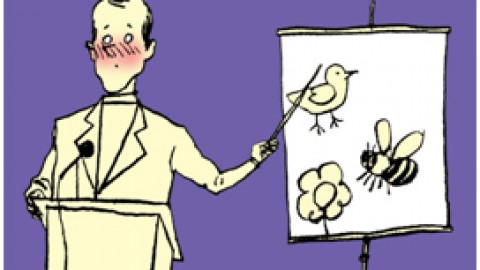Government. What does this term mean for people? For many it is a scapegoat. For others it’s a ray of hope in the dark. For some it is an oppressing, unconcerned force. For some it is the only means of survival. If you ask a layman to comment on their governing body, you will most likely find an answer which is extremely critical of their efficiency and somehow they will put the blame for everything that has ever gone wrong in the country on this ‘government.’ In India ‘sarkaar’ is probably the solution to all problems that engulf our nation. ‘Sarkaar’ is seen as this over-arching existing force capable of and supposed to be the fix to all our troubles. Well, are they wrong in expecting their elected representatives to solve significant issues? Certainly not. After all, what are governments in a democracy if not for the people, by the people and of the people?
 Political, economic, social and cultural onus to ensure the contentment of the citizens is the primary objective and expectation of governments. Whenever a new government is formed, it is assumed to be an immediate harbinger of growth, prosperity and harmony. A quick fix to all the cracks.
Political, economic, social and cultural onus to ensure the contentment of the citizens is the primary objective and expectation of governments. Whenever a new government is formed, it is assumed to be an immediate harbinger of growth, prosperity and harmony. A quick fix to all the cracks.
I am at no point denying that the government does shoulder the responsibility of accelerating growth and creating a healthy social environment devoid of ills. But is it also realistic to believe, hope and expect the government to find the key to all locks in a limited period of time? These people holding eminent positions out there to help us are, at the end of the day, mere humans. They are bound to make errors, overlook certain things and even cause displeasure to some people although unintentionally. And yes, of course, we must be skeptical of such doings and give a wake up call every now and then for whatever reason we feel unsatisfied but to incessantly condemn for impractical causes is unjust too. What I intend to put across is a balanced, unbiased attitude towards the government.
Some might argue that as many disputes and problems that exist in India, we have an equal number of administrative departments dedicated solely towards each one of them. Since the case is so, we must not experience any difficulty in resolving these urgent issues yet, we do. And this becomes a serious cause of detachment, discontentment and in some respects even hatred towards the ruling. So how do we explain this? Well, for one, the nature of issues our society is dealing with is immensely complex with no easy solutions. These dynamic complications are multi-dimensional. They cannot be dealt with in a jiffy and in an arbitrary fashion. It involves a considerable amount of study, planning and methods of executions which is time-consuming. For those in our country who want snappy results express their protest against it. This is precisely what I do not find agreeable. Albeit, for certain entrenched problems which have managed to form a major place in the political agendas do need to be addressed with utmost sincerity and agility and departure from these issues will not be tolerated. My point being that recognizing the nature of the problem and the paradigms involved in its resolution must shape our reaction to their irresolution. However there can be no excuse for intended negligence.
 Accusations and protests against legitimate concerns such as corruption, insensitivity towards certain issues, hypocrisy and opaqueness of governments do not demand any justification.
Accusations and protests against legitimate concerns such as corruption, insensitivity towards certain issues, hypocrisy and opaqueness of governments do not demand any justification.
So when I say we need to be more thoughtful in our critique of government actions and policies, we first need to be thorough with the problem holistically and only then can we question the same. Without proper knowledge there is a tendency to find faults with things that even we are incapable of answering practically. Most of the time people offer idealistic and romantic solutions to the most gravely unsettling issues. This kind of a criticism isn’t healthy since it is not leading to any positive construction! Expression of opinion is a fundamental right and I am not asking you to withhold that freedom but am merely criticising unreasonable criticism.
Tags: Criticism government vs oppositisn








